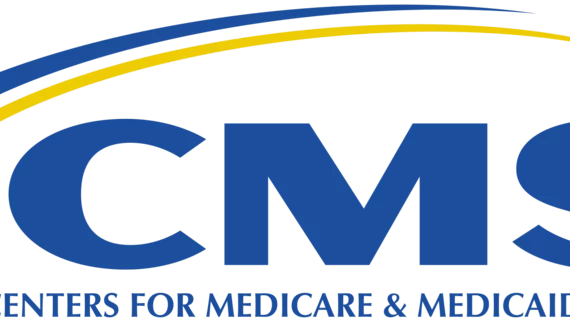CMS to provide more relief for insurance individual mandate
CMS is granting hardship exemptions for the individual mandate under the Affordable Care Act (ACA) in a new, streamlined way, the agency announced Wednesday.
The new process allows people to claim hardship exemptions on their 2018 federal tax return to those with income below the tax filing threshold, family members with combined costs that are unaffordable, those who are eligible for coverage under an Indian healthcare provider, and those ineligible for Medicaid within states that did not expand.
The option is in response to President Donald Trump’s executive order that directed agencies to minimize regulatory and economic burdens of the ACA. However, individuals will not have to pay a penalty starting in 2019, after passage of the 2017 Tax Cuts and Jobs Act reduced the individual mandate payment to $0.
The guidance issued by CMS could make it easier for some Americans to avoid paying a penalty for not purchasing healthcare insurance, a requirement under the ACA.
“The individual mandate penalty is yet another example of how the ACA hurts low and middle income Americans the most, and today’s action reflects our commitment to minimize the impact of Obamacare’s failures,” the announcement reads.
Individuals are eligible for hardship exemptions in certain circumstances that prevent them from purchasing healthcare coverage, including homelessness, fire, flood or other natural disaster.
“Today’s announcement shows how President Trump’s administration is working to ease the burden of Obamacare.” CMS Administrator Seema Verma, MPH, said in a statement. “Although the tax cuts signed by the President earlier this year eliminate the mandate penalty starting in 2019, Americans are still under threat of the penalty for this tax year of 2018. This guidance will simplify how consumers claim the hardship exemption from the individual mandate directly on their tax return.”
In 2015, the Internal Revenue Service collected $3 billion from taxpayers in individual mandate penalties. Among those taxpayers, five million—or nearly 80 percent—earned $50,000 annually or less, CMS stated.

